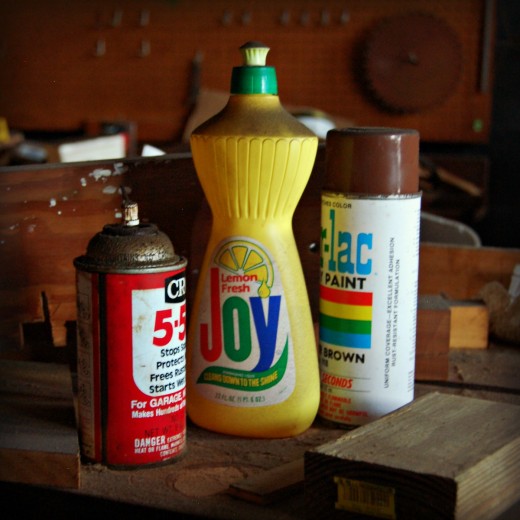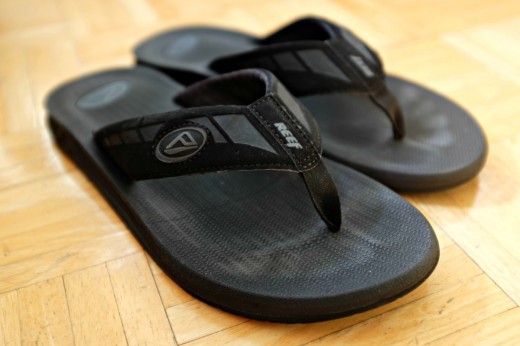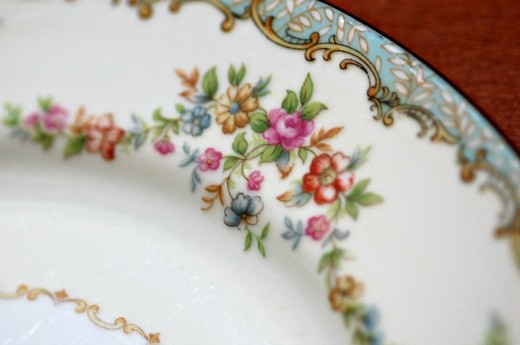Wife and I are big fans of what I call strategic living, which looks like minimalism at a glance. Maybe a better term is essentialism, like the book of the same name.
Still, we feel drawn toward things which seem like they will make us happy.
There is a sad truth, however — no “thing” will make you happy. “More” will not bring you happiness.
But contentment will.
Wife and I use an inside joke to remind ourselves we will never be happy unless we are first content. We say, “… THEN I’ll be happy” sarcastically after sharing something we want.
For example:
- “Let’s take a motorcycle trip — THEN I’ll be happy.”
- “If only my job paid more, THEN I would be happy.”
The more you draw out the word “then” the more fun it is. “Theeennnnnnn I’ll be happy.” Try it!
After having fun with sarcasm, we laugh knowing happiness is temporary and fleeting compared to the lasting joy of contentment. God has already blessed us with more than we can fully understand. We need to be fully grateful for it all and stop wanting more and more!
“It is better to be satisfied with what you have than to be always wanting something else.”
— Ecclesiastes 6:9
Contentment is not tied to any tax bracket, income, or lifestyle. It is not linked to climate, family size, career path, or number of possessions. It has nothing to do with cars, houses, sex, or friends.
Contentment is a state of mind.
It’s evasive. You won’t stumble upon it accidentally. It takes active effort to be grateful for what you have and thoroughly enjoy it.
Still not buying it? Contentment sounds pretty lame to you? Fair enough — it’s entirely your choice.
But what is your alternative?
Prove to yourself you can be grateful! List 3 things you are thankful for that money can’t buy.





